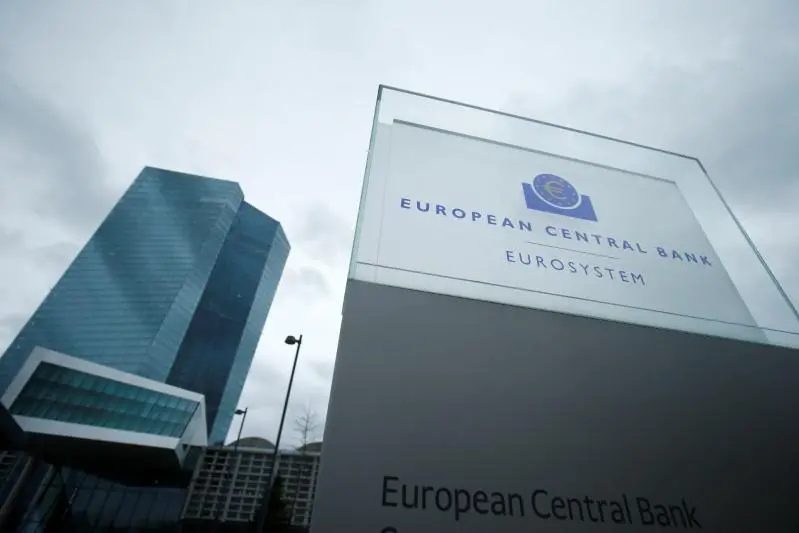PHOTO
BRUSSELS - The European Central Bank can delay rate hikes if the economy slows more than expected and its decisions will be driven by economic data, the incoming head of Belgium's central bank said on Monday.
The ECB decided last week to end a 2.6 trillion euro stimulus scheme known as quantitative easing (QE) but maintained a long-standing guidance that interest rates will stay unchanged 'through' next summer, staying on course to raise rates either late 2019 or early 2020.
"We have been and we are certainly data-dependent. We have stopped QE and in fact I think the message is relatively clear," National Bank of Belgian Vice Governor Pierre Wunsch told a news conference.
"If growth still slows, we will keep low interest rates for a longer period. If that is the case or not, I don't know. It will be dependent on what we see in the economy," he said.
Wunsch will become governor of the Belgian central bank at the start of January, succeeding Jan Smets. As a result, he will join the European Central Bank's rate-setting Governing Council.
"After the end of QE... the focus will shift to our interest rate policy and this will be dependent on what we see in the economy," Wunsch said.
Asked about whether the ECB should offer a new long term refinancing operation (LTRO) to banks, Wunsch said it was too early to say anything on the topic.
(Reporting by Philip Blenkinsop; Editing by Balazs Koranyi) ((philip.blenkinsop@thomsonreuters.com; +32 2 287 6838; Reuters Messaging: philip.blenkinsop.thomsonreuters.com@reuters.net))





















